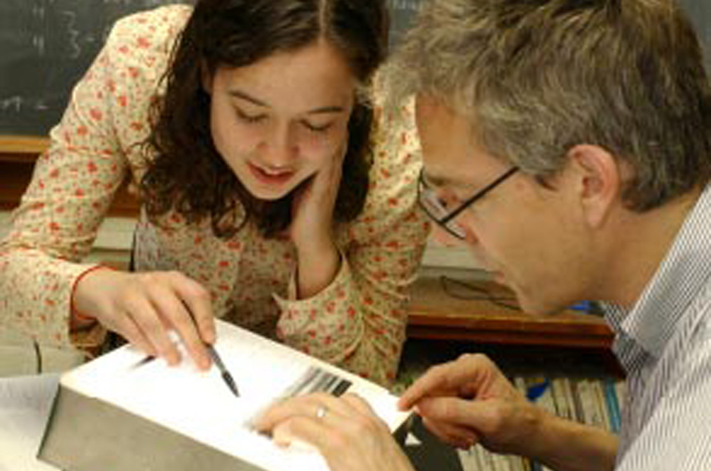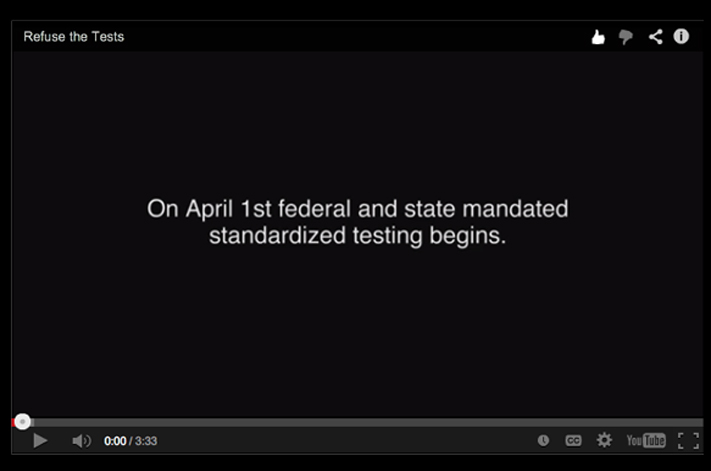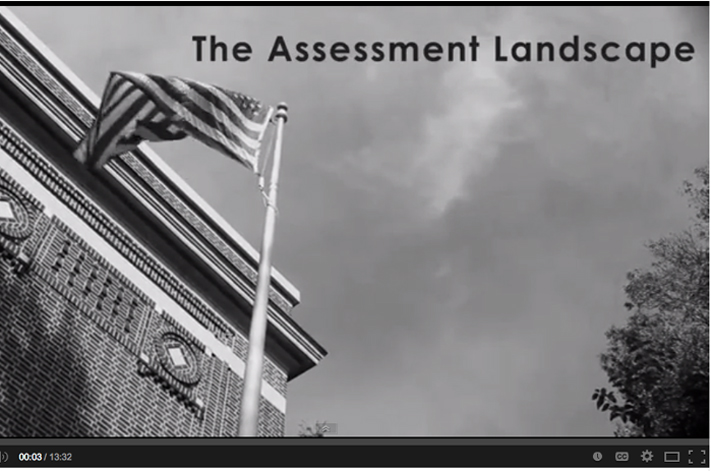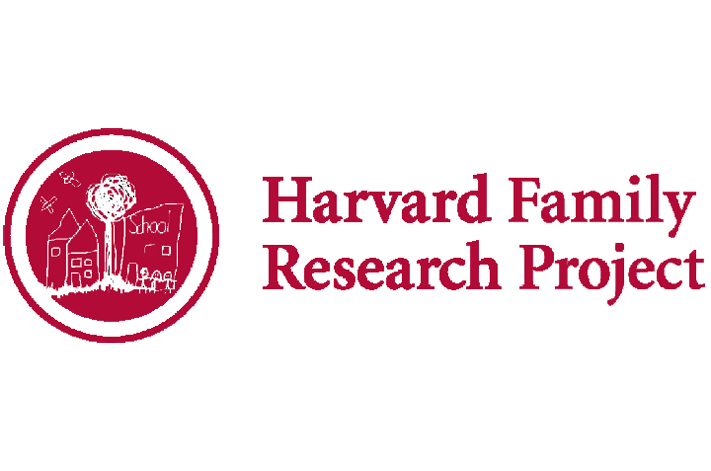Project Description
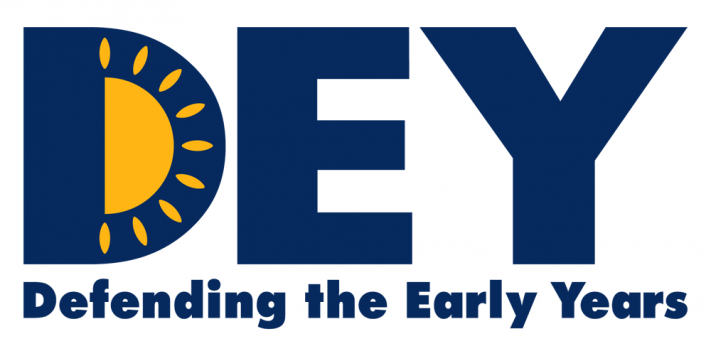
Working to support and nurture the rights and needs of young children.
DEYproject.org Download the White Paper
Today, the majority of classrooms for preschool, kindergarten and primary age children are required to address content standards that prescribe what children are expected to learn. These standards are intended to insure that worthwhile subject matter is taught. Performance standards have been developed to find out if children have learned the prescribed content.
While standards are helpful for identifying valuable content, they can also have a negative impact on children and programs. Some of the problems with standards are that they are not always based on knowledge of how children grow and learn, and often do not take into account children’s needs, capacities, cultures, and unique characteristics. Standards can lead to teaching of skills in ways that are not effective or meaningful, to the narrowing of the curriculum, and to less time for play and hands-on learning experiences that are important foundations for later school success.
It is useful to find out if children have learned the prescribed content, but the way this is most often done is through testing – which also can have a negative impact on children and programs. One of the major problems with the tests is that they are often not based on knowledge of child development and are therefore not suited to the developmental abilities of young children. Another problem is that tests can only measure a narrow range of knowledge and skills, so they often miss important objectives of early childhood education like creativity, problem-solving, and social and emotional development. Teachers who want children to do well on tests may eliminate worthwhile learning experiences, introduce skills too early, or narrow the curriculum in order to “teach to the test”.
Research shows that children learn best when they have hands-on learning experiences, engage in structured play, experience facts within meaningful contexts, invent their own problems to explore and solve, and share their own solutions. The current emphasis on standards and testing has led many schools to over-focus on assessment at the expense of meeting children’s developmental needs and teaching meaningful content. Play and activity-based learning have been disappearing from many early childhood classrooms, and – along with them – children’s natural motivation and love of learning.
What could be done to address this problem?
Program practices:
2. Promote meaningful, hands-on learning experiences in classrooms for young children.
3. Work to ensure that teachers provide well-thought out educational experiences that demonstrate knowledge and respect for each child.
4. Work to ensure that children have literacy experiences that include storytelling, quality children’s literature, and acting out stories rather than activities that isolate and drill discrete skills.
5. Help teachers skillfully build curriculum from what children can do and understand instead of direct teaching skills that are disconnected from children’s understanding.
6. Encourage schools to respect the language and culture of children and their families, to encourage families to take ownership and to make sure that their history and experiences are included and valued.
7. Encourage schools to design schedules that provide ample time for families and school personnel to meet and work together.
8. Work to ensure that teachers who have specialized training in early childhood education are placed in classrooms for young children.
Assessment practices:
2. Promote the use of assessments that are based on observations of children, their development and learning.
3. Work to ensure that classroom assessments are used for the purpose of improving instruction.
4. Support efforts to eliminate testing of young children that is not intended to improve classroom practice.
5. Eliminate labeling and ranking of children based on standardized tests.
What family members can do at home:
2. Read good quality children’s books and limit screen time.
3. Resist reinforcing the school’s agenda – drilling for skills – and replace it with opportunities for meaningful learning.
What else can you do?
Stay informed and involved with the organizations that advocate for young children – such as Defending the Early Years (deyproject.org), Alliance for Childhood (allianceforchildhood.org), Save Our Schools (saveourschoolsmarch.org) and Parents Across America (parentsacrossamerica.org).
Defending the Early Years (DEY) seeks to rally educators to take action on policies that affect the education of young children. DEY is a non-profit project of the Survival Education Fund, a 501(c)(3) tax-exempt educational organization based in Watertown, Massachusetts. Find more information at deyproject.org or write to geralynbywater@gmail.com,/a>.
